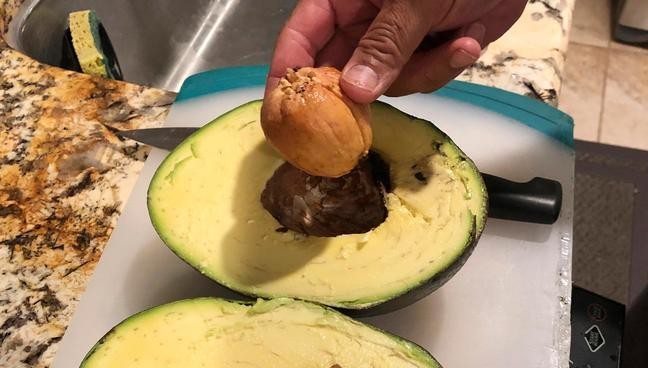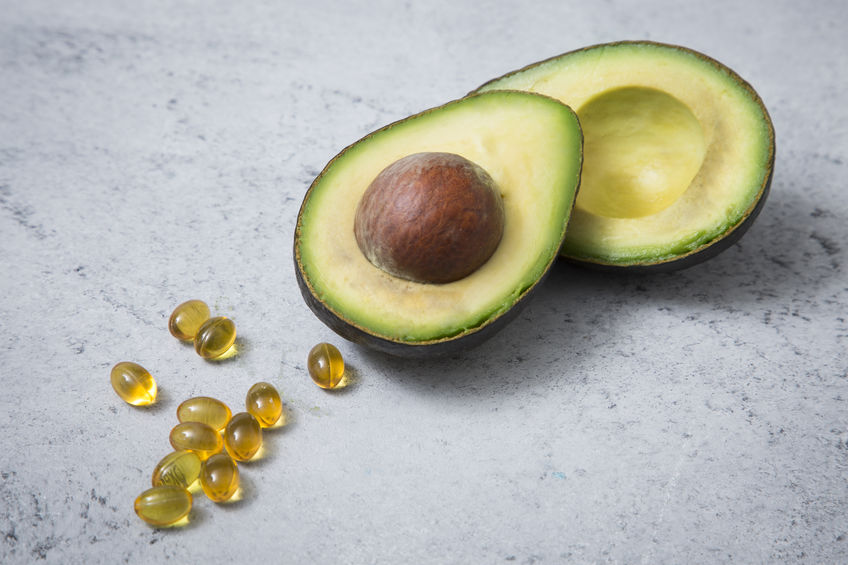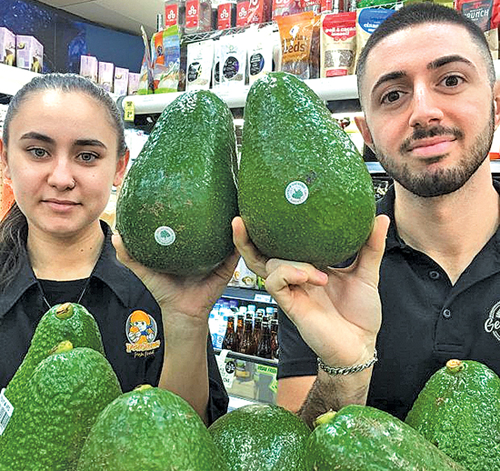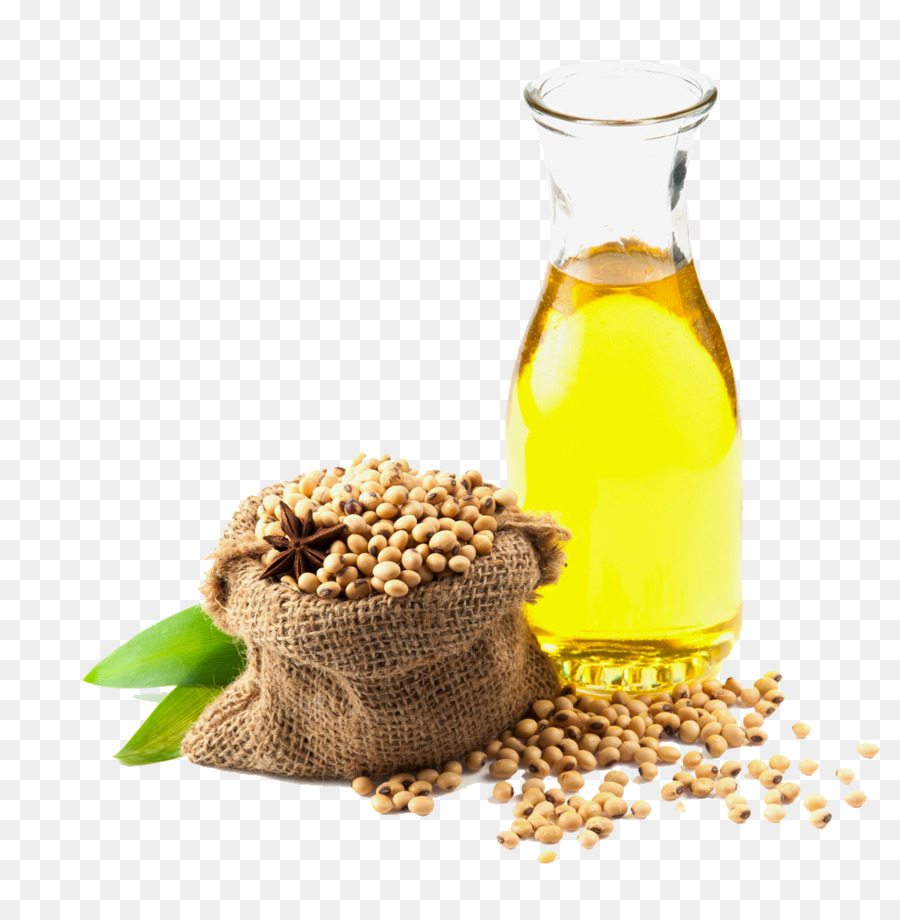Avocado
“Avocado Soybean Unsaponifiables.” It sounds like a cross between a smoothie ingredient and a Harry Potter spell. Arthritis Research UK or UK-based Biopharmaceutical company “Induchem” calls the ingredient ASU’s for short. It is derived from avocados and soybeans.
ASU’s are naturally occurring glycosaminoglycans (GAGs) that inhibit enzymes known to attack joint tissues. GAG’s like chondroitin sulfate, hyaluronic acid, and glucosamine sulfate all work by helping retain water in joints. This gives the joints more lubrication and cushioning, which all help reduce the pain of arthritis.
Currently, there are no drugs that can cure osteoarthritis. Only one class of medication approved by the US Food and Drug Administration to treat osteoarthritis is the nonsteroidal anti-inflammatory drugs (NSAIDs). These include aspirin, ibuprofen (Advil, Motrin), naproxen (Anaprox, Naprosyn), etc. Oral medications are taken daily or weekly to help relieve pain, swelling, stiffness, and other arthritis symptoms.
For many patients with moderate-to-severe osteoarthritis of the knee or hip—especially those who have not gotten relief from previous therapies—joint replacement surgery may be the only remaining option for easing their pain and restoring function.
Many people choose arthroscopic surgery to repair a torn meniscus or remove loose pieces of cartilage in the knee joint. Knee replacement surgery can help relieve pain, correct deformity, improve walking ability, and enhance the quality of life. Many patients report that they can walk more after knee replacement—even on the day of surgery.
ASU’s work similarly to glucosamine and chondroitin sulfate by inhibiting enzymes known to attack joint tissues. The only difference is they may be superior because they have a more remarkable ability to inhibit these enzymes.
Studies have also shown ASU’s may reduce inflammation and protect cartilage from further damage, lowering the risk of osteoarthritis progression. However, since this ingredient is naturally occurring, it will be more difficult to prove its effectiveness in clinical trials because many different sources of variation influence outcomes.
That being said, ASU’s work with glucosamine sulfate to boost the production of hyaluronic acid in joints. This increased HA will help with cushioning and lubrication that is lost when arthritis begins to attack the cartilage.
Most people lack these nutrients in their diet because they are not encouraged to eat avocados, soybeans, wheat germ oil, or bran. Using ASU’s as an ingredient will make it much easier to consume the amount needed for clinical effect.
Induchem will continue to develop new ASU products with better safety and convenience until it can generate enough evidence to apply for marketing authorization. This could take several years to accomplish.
ASU products are currently available for purchase, but the only way to know if they work is to try them. There are no clinical studies that prove the effectiveness of ASU’s yet, but many people can attest to their benefits.


























